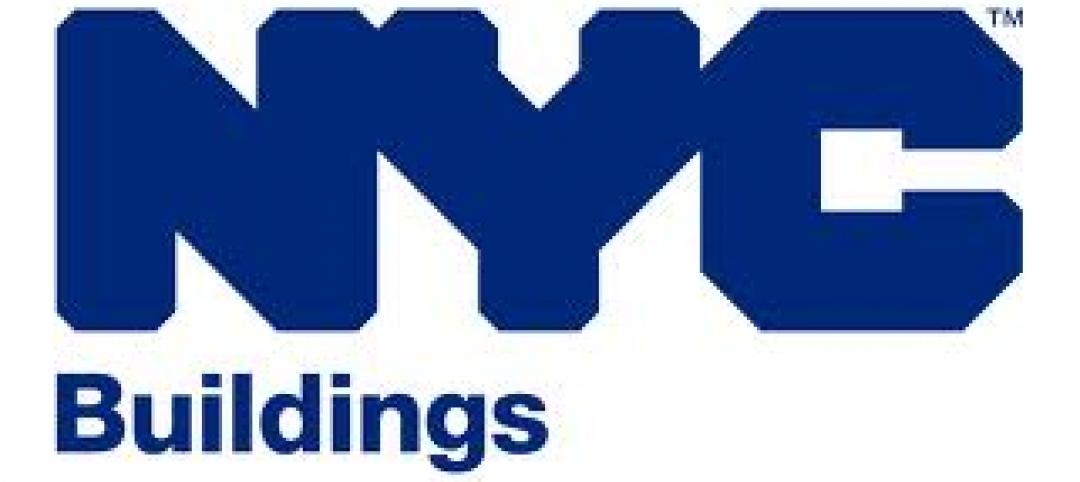The American Institute of Architects (AIA) released new resources to support employers, public officials, and design professionals with re-occupying buildings more safely after COVID-19 shutdowns.
The initiative included a team of architects, public health experts, engineers, and facility managers who developed strategies to reduce the risk of COVID-19 transmission in buildings, promote social distancing standards, and “enhance wellbeing in communities transitioning to new lifestyle norms.” The new and enhanced tools can assist employers, building owners, and design teams with best practices to protect the health and safety of the public.
· A Risk Management Plan for Buildings provides a process for assessing hazards in buildings and reducing risk. “This methodology not only can be applied during the pandemic, but for all shocks and stresses to create more resilient buildings and businesses,” an AIA press release says.
· AIA Re-occupancy Assessment Tool (2.0) provides an enhanced framework of strategies for re-opening buildings, including restaurants, retailers, offices, senior living facilities, schools, and housing
· COVID-19 ArchMap allows architects to input design strategies that mitigate risk of COVID-19 transmission for any building type. The map is produced in partnership with the University of Kansas’ Institute of Health + Wellness Design and intended to facilitate design innovation.
The team will also release more detailed strategies and considerations for offices, retailers, schools, and senior living facilities “in the near future.”
Related Stories
| Apr 13, 2012
New York City’s building department investigating structural collapse that killed worker
Following a worker’s death, the collapse of a century-old, two-story warehouse under demolition as part of Columbia University’s expansion is under investigation by the city’s Building Department.
| Apr 13, 2012
Federal court reduces statute of limitations for OSHA action on record-keeping violations
The U.S. Court of Appeals for the D.C. Circuit sharply curtailed the period of time that companies can be cited for Occupational Safety and Health reporting violations, reversing the decision of an administrative panel and longstanding agency precedent.
| Apr 13, 2012
CSI webinar: Green Construction Codes Are Here -- Now What?
This seminar will trace the origins of green codes, how they compare and differ from the rating systems that have been used, and examine some of their main features.
| Apr 5, 2012
Retailers, banks among most affected by new ADA rules
On March 15, the most significant changes to the Americans with Disabilities Act (ADA) since it became law in 1991 went into effect.
| Apr 5, 2012
Florida ranks first in hurricane building codes and enforcement
Florida ranks highest among 18 hurricane-region states for building codes and their enforcement, according to the Insurance Institute for Business & Home Safety.
| Apr 5, 2012
New IgCC green building code is a ‘game changer,’ AIA official says
An AIA official calls the new International Green Construction Code (IgCC) a “game changer” for sustainable construction.
| Apr 5, 2012
Model energy codes add thousands to cost of new apartment construction, study says
New energy codes could add thousands of dollars to the construction costs of each individual apartment residence in a multifamily building, according to new research commissioned by the National Multi-Housing Council and the National Apartment Association.
| Apr 5, 2012
LEED 2012 will include new requirements for data centers
The U.S. Green Building Council’s updated LEED 2012 standards will require two systems to be modeled for each project in order to show power utilization effectiveness.















